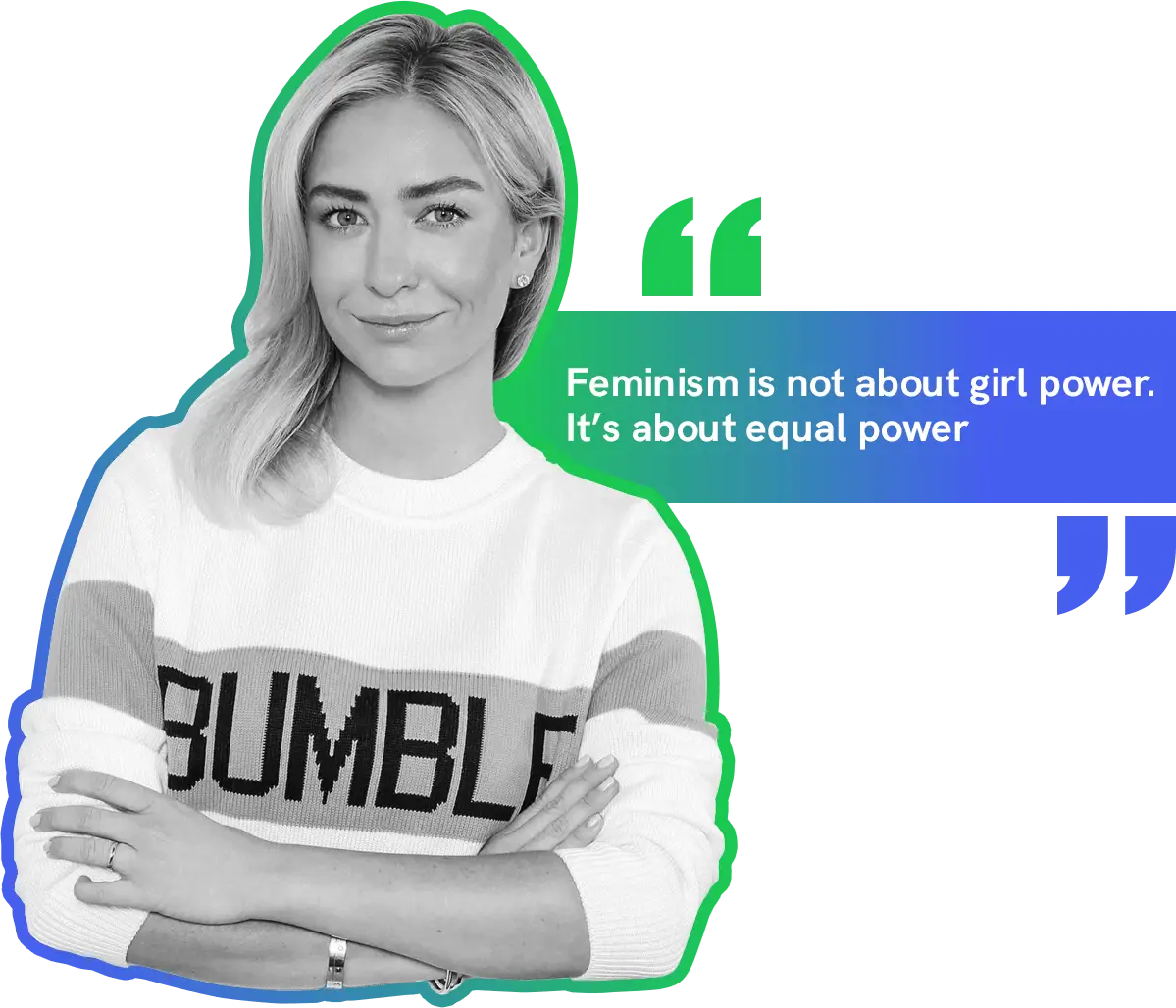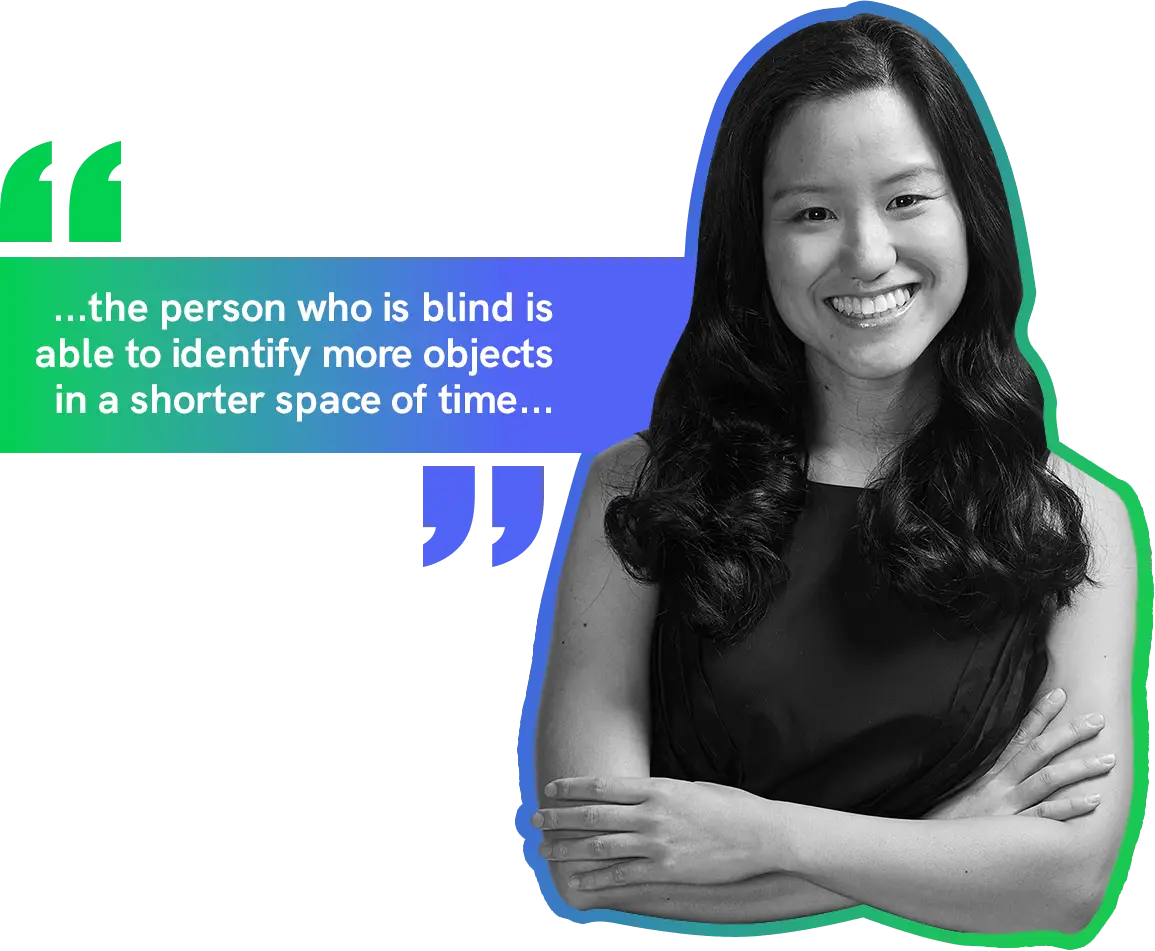Women in Tech Industry Share 3 Tips for Success

Forture 500 companies hiring at least three women for leadership positions saw their ROI grow 66%
So if there is an association between high gender diversity and improved revenue, why do we still have a gender disparity in technology jobs? We have explored the experiences of some of the world’s leading women in the tech sector while also interviewing one of our in-house software engineers.
“Tech is an incredible force that will change our world in ways we can’t anticipate. If that force is only 20 to 30% women, that is a problem.” Says Susan Wojcicki, the CEO of Youtube.
Think Like an Entrepreneur
Meet Marita Cheng, she’s one of The World’s Top 50 Women In Tech, according to Forbes. Cheng founded the smartphone app Aipoly that, through AI, helps visually impaired people recognize objects by saying object names out loud.
“Recognizing something in real-time means that the person who is blind is able to identify more objects in a shorter space of time and they can get on with their life a lot quicker.” she says.

The idea behind Aipoly grew out of the Global Solutions Program at Singularity University in California, where entrepreneurs and technologists work together on team-based technology solutions for widespread global challenges.
Cheng says she met a woman at Google with a PhD in computer vision and asked her if she knew of any problems in the space. “One of the things she mentioned is that she had a blind friend who wasn’t able to recognize objects in surroundings that were unfamiliar to them,” says Cheng.
“We thought back to machine learning lectures at Singularity University and thought, why don’t we put this technology on a phone so that people will be able to use their phone to instantly recognise objects? So we did!”
“You can’t connect the dots looking forward,” Jobs said. “You can only connect them looking backward. Jobs’ famous quote shows how Cheng’s entrepreneurial mindset helped her succeed.
Studying at the University of Melbourne, Cheng was shocked by the low number of women in the engineering major. “Engineering is all around us so it’s important that the engineers who create our world are as diverse as the people who are in it”
So the idea for Robogals was created, and Cheng and other students started running robotics workshops in schools to encourage girls to pick engineering and technology careers.
Since then, the organization has conducted thousands of workshops in schools. Till today, she still lectures to students at school when she can.
Recognizing opportunities is the first step to achieving an entrepreneurial mindset. That’s what Cheng excels at.
Aim for Equal Power
Wolfe Herd, the founder of Bumble, is among the world’s youngest self-made billionaires. Her road to success wasn’t easy, however. She didn’t have a STEM degree. And during her spell as the VP of marketing at Tinder, she experienced sexual harassment and discrimination.
Now, leading Bumble, Herd differentiates the dating app from its competitors by taking a firm stance against body shaming, dealing with the unsolicited sending of obscene images, and showing zero tolerance for misogyny.

“Feminism is not about girl power. It’s about equal power.” says Herd
DID YOU KNOW THAT WOMEN MAKE UP 30% OF THE ARMENIAN TECH WORKFORCE WHILE THE WORLD’S AVERAGE IS ROUGHLY 20 PERCENT?